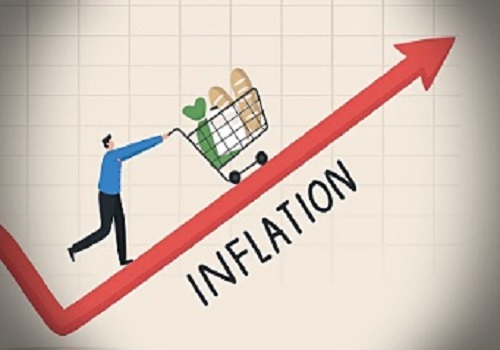
German inflation is expected to rise to 2.2 per cent year-on-year in November, up 0.2 percentage points from the previous month, the Federal Statistical Office (Destatis) said.
After hitting a three-year low of 1.6 per cent in September, the inflation rate in Europe's largest economy has been on a rising trend, but still stays close to the 2-per cent target set by the European Central Bank (EBC) in November, Xinhua news agency reported.
According to the preliminary date of Destatis, the continued rise in inflation is largely driven by a gradual narrowing of the year-on-year decline in energy prices over recent months.
As for Germany's core inflation, which excludes energy and food, is on an upward trend in recent months, primarily due to significant increases in service prices. It is expected to reach 3 per cent in November.
Experts anticipate that inflation in Germany will remain slightly elevated in the near term due to persistent energy base effects and rising wages.
However, Carsten Brzeski of ING Research noted that wage growth could slow as the labor market shows signs of cooling, which would likely ease inflationary pressures in 2025.
He expected that the consumer price increases in Germany would stay within the range of 2 per cent to 2.5 per cent throughout the coming year.
